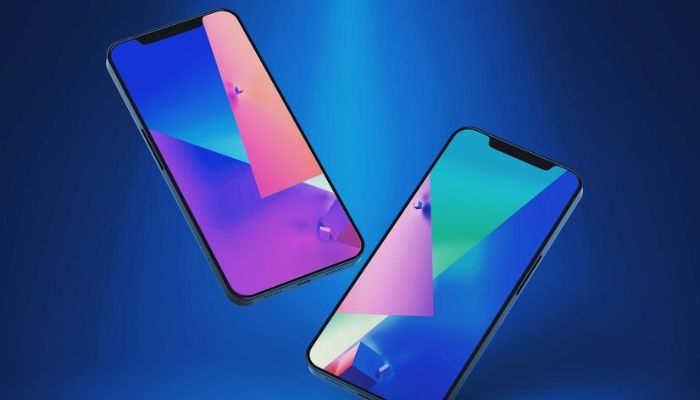
Since the inception of smartphones, the ongoing tug-of-war between Android and iPhone has captivated users worldwide. While Apple's iPhone flaunts uniformity, stability, and an exquisite ecosystem, Android loyalists tout a different tune, celebrating their platform's extensive customisation and device variety. Here's a rundown of the top 10 reasons why Android users favour it over the iPhone.
1. Diverse devices and pricing: Android's vast array of devices caters to individual preferences, offering options across a broad price spectrum, from budget-friendly to cutting-edge tech. Unlike Apple's limited yearly iPhone releases, Android offers a plethora of choices, empowering users to find their perfect fit.
2. Superior multitasking: Android elevates multitasking to another level with split-screen and windowed modes, approaching a desktop-like experience. While iPhones boast power, their inability to display multiple apps concurrently limits productivity, a setback Android users happily sidestep.
3. Enhanced notifications: Android's refined notification system provides granular control and quick access, surpassing iOS in user-friendliness and customization.
4. Google Assistant: Google's Assistant surpasses Siri in functionality, deeply integrating with Android devices and other Google products, making tasks seamless and intuitive.
5. Customisable home screen: Android's flexibility extends to the home screen, allowing free-form app placement and interactive widgets, offering endless personalisation options.
6. Effortless file management: Android's plug-and-play file management replicates a computer-like experience, simplifying file transfers and storage, a convenience iPhone users envy.
7. Seamless Google integration: Android's native integration with Google services like Gmail, Docs, and Assistant provides a more cohesive experience for avid Google users compared to iOS.
8. USB-C universality: Android's adoption of USB-C ensures device compatibility and convenience across various gadgets and accessories, a convenience not fully realized in the iPhone ecosystem.
9. Side loading apps: Android's openness allows users to install apps from sources beyond the Play Store, offering freedom and access to apps not available through official channels.
10. Fingerprint reader: Android devices maintain the convenience of fingerprint authentication, a feature absent from recent iPhones reliant solely on Face ID.
While both Android and iPhone platforms have their merits, Android's flexibility, diversity, and user-centric approach continue to allure a legion of dedicated followers. As the smartphone landscape evolves, Android stands firm as the epitome of personalisation and choice.














